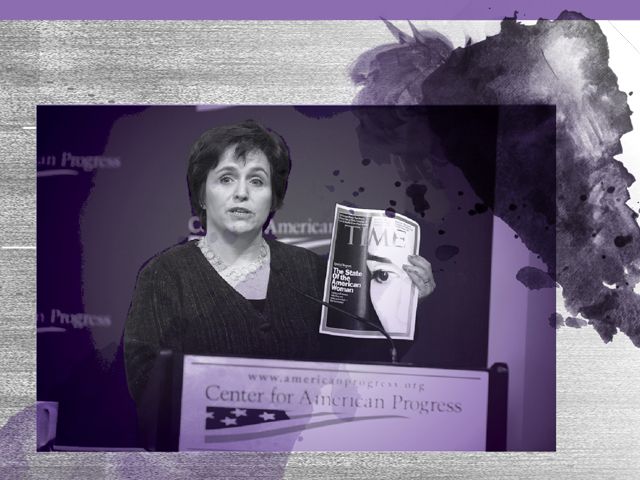Over the next two weeks, Next City will unroll short profiles of 77 people, places and ideas that have changed cities this year. Together, they make up our 2012 Disruption Index. Forefront subscribers can download the Index in full as a PDF, complete with beautiful designs and graphics by Danni Sinisi. Readers who make a $75 donation to Next City will have a full-color printed copy of the Index mailed to them.
In the mid-1960s, President Lyndon Johnson decided that America’s cities needed a little more attention. More and more people were living in these places, and there seemed to be more and more problems in them. To find out what was going on, Johnson’s administration established the Urban Institute in 1968 to perform independent analysis on the nation’s cities and urbanites — an effort to at least try to understand the state of urban America, if not to really do much about it.
The Urban Institute still stands today, and as urban populations have dramatically grown, its purpose has become even more important. Enter Sarah Wartell, who came on as the Institute’s president in the beginning of 2012. A former HUD employee, Clinton administration policymaker and, more recently, co-founder of the liberal-leaning think tank Center for American Progress, Wartell is an expert on housing and public policy and brings a wealth of knowledge to the Institute.
Perhaps more importantly, she knows how to move ideas and research into the policymaking realm and, ultimately, into the public realm. Right out of the gate, Wartell began to break down the silos that have for too long isolated researchers and reduced the effectiveness of their work. Moving into a D.C. institution that will celebrate its 45th birthday in the coming year, Wartell has reinvigorated systems that were beginning to show signs of age. She’s pledged to ensure that its research is relevant to the latest policy conversations and more readily accessible to the people having those conversations. The big picture is an urban research institute that will not only understand urban America, but will help ensure that something is done about it.

Nate Berg is a writer and journalist covering cities, architecture and urban planning. Nate’s work has been published in a wide variety of publications, including the New York Times, NPR, Wired, Metropolis, Fast Company, Dwell, Architect, the Christian Science Monitor, LA Weekly and many others. He is a former staff writer at The Atlantic Cities and was previously an assistant editor at Planetizen.


_600_350_80_s_c1.jpg)













